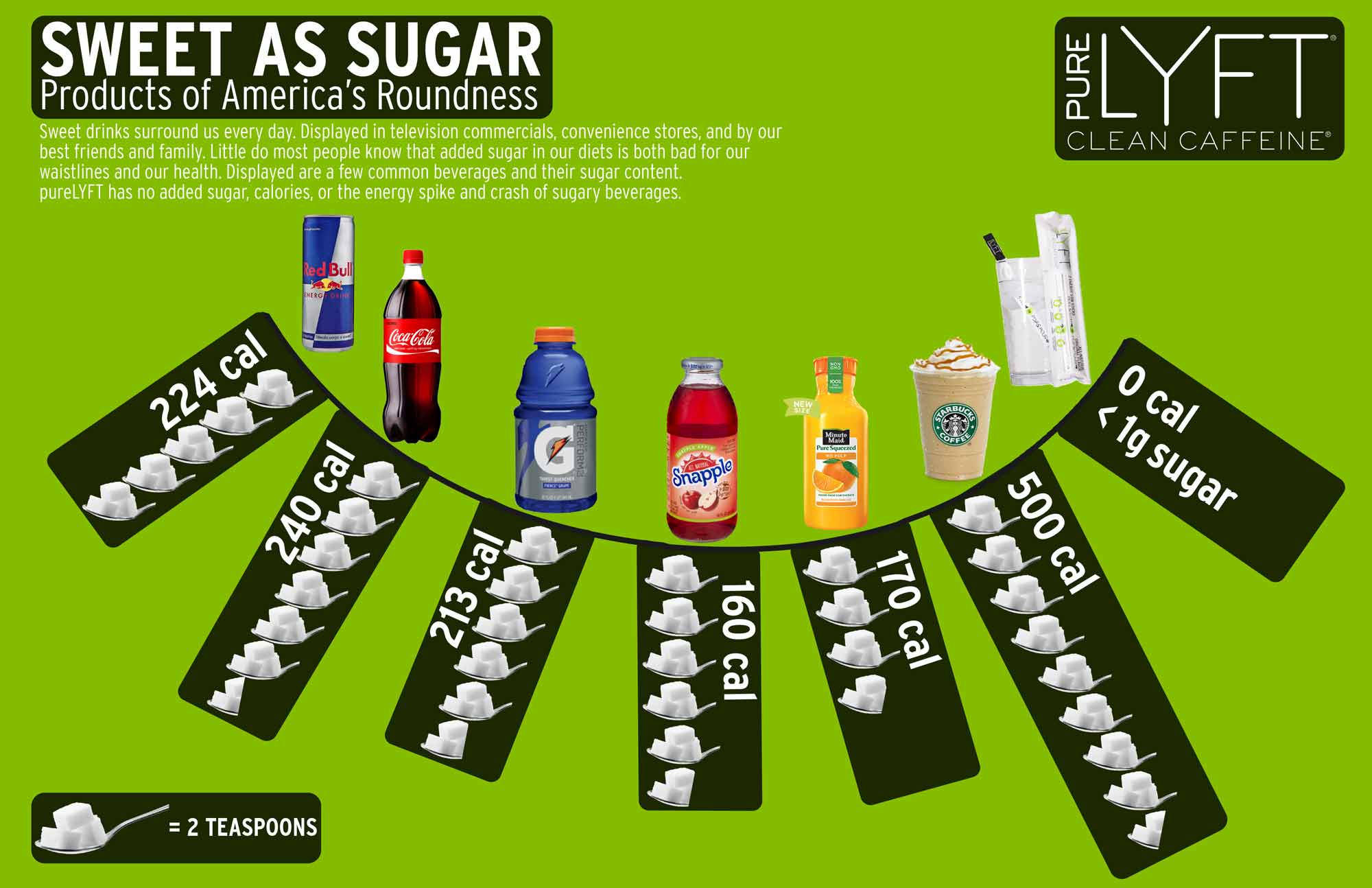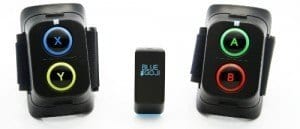
Article written by Austin Goodwin.
In a society where people have an unlimited capacity to do work in the palm of their hands, college students face ever-increasing pressure to fill their cups to the brim with courses and involvement. With the mindset of “go, go, go,” it is easy to lose track of what makes you go. College campuses are saturated with energy sources between convenience stores loaded with energy drinks and coffee shops on every corner. While these energy drinks and coffees will give students an energy boost, it is important to understand exactly how these beverages affect a person’s overall health.
Energy Drinks
Brand strategists prioritize marketing energy drinks to college students, the most energy-deprived demographic. Students view these energy beverages, donned in sleek metallic cans and rich with modern design, as the one-size-fits-all solution to their lack of energy without considering the synthetic makeup.
Caffeine, i.e. survival juice. Most energy drinks offer the same amount or more caffeine than a coffee of the same size. Energy drinks have additional stimulants in their mix, like taurine, guarana, L-carnitine, and B vitamins. While these stimulants are legal, the doses of the stimulants in energy drinks are several times higher than what is consumed in a normal diet. It is unsafe for college students to subject themselves to such highs and lows long-term, and should opt for a balanced alternative.
The plague of energy drinks is sugar, most averaging over 50 grams of sugar (12 teaspoons for reference). The sugar content varies between energy drinks, but the crash coming from a sugar-induced insulin spike and subsequent crash from the stimulants wearing off leaves students feeling worse than they did before drinking one. Choosing “All Natural” mixes that energize water and other beverages provide an energy boost without the crash experienced with energy drinks.
College students may find themselves chasing energy drink crashes with another drink. The cycle of ups and downs for the body is dangerous both mentally and physically. Add in the jitters that come from an unbalanced energy boost and it becomes difficult to concentrate. Students may consider a sugar-free variety, but the hidden effects of artificial sweeteners are unknown to most.
Artificial sweeteners
While artificial sweeteners like sucralose are calorie-free and sugar-free, they can still spike blood glucose and insulin levels, leading to energy crashes. Additionally, sucralose itself as a primary sweetener can alter digestive bacteria in the stomach, leading to long-lasting complications with nutrition and medicine absorption. Making drinks “sugar-free” by pumping them with synthetic ingredients doesn’t mitigate the negative effects, despite how “sugar-free” is marketed as a safer alternative.
Coffee
College students looking for their energy boost and caffeine fix but not wanting the negative effects of energy drinks choose America’s favorite morning beverage to get them through study sessions and classes. The warmth of coffee on a cold winter day or a long, lonely night adds an emotional effect not found with energy drinks.
The caffeine content in coffee for a home brew is around 100 mg, so college students can drink larger amounts of coffee than energy drinks and stay within the caffeine limit. However, coffee is an appetite suppressant and a diuretic; lack of hydration and balanced dieting can lead to jitters and headaches from the caffeine spike. Finding ways to energize and hydrate is a more ideal way to energize without the negative after-effects.
The bitterness and lack of flavor from a recommended plain black coffee is a detractor, which is where specialty coffee beverages at coffee shops gain their luster. A coffee loaded with caramel, chocolate, whipped cream, and sweetener tastes delicious, but adds more sugar and a crash akin to energy drinks. Additionally, the added calories from a sweetened store-bought coffee or home-brewed coffee can lead to unhealthy weight gain.
Students should consider the negative effects of the beverages they consume for an energy boost. Coffee is less synthetic and safer in large amounts, but can be inconvenient. Energy drinks are more artificial and concentrated, but pose greater health risks. College students need an energy source that is clean, doesn’t make them jittery or irritable, and is free of a sugar crash. Coffee and energy drinks hold their value as energy sources and students should consume with their individual pros and cons in mind.
pureLYFT
A viable alternative to coffee and energy drinks is pureLYFT, which is Clean Caffeine extracted from unroasted green coffee beans offering the same amount of caffeine as a cup of coffee. pureLYFT is all-natural like coffee, more convenient than an energy drink, packed with vitamins A and B complex, and lightly sweetened with Stevia Leaf. Whether students are using it at home, going out, in the gym, or in class, they can get the energy boost they need without the fillers they don’t.












